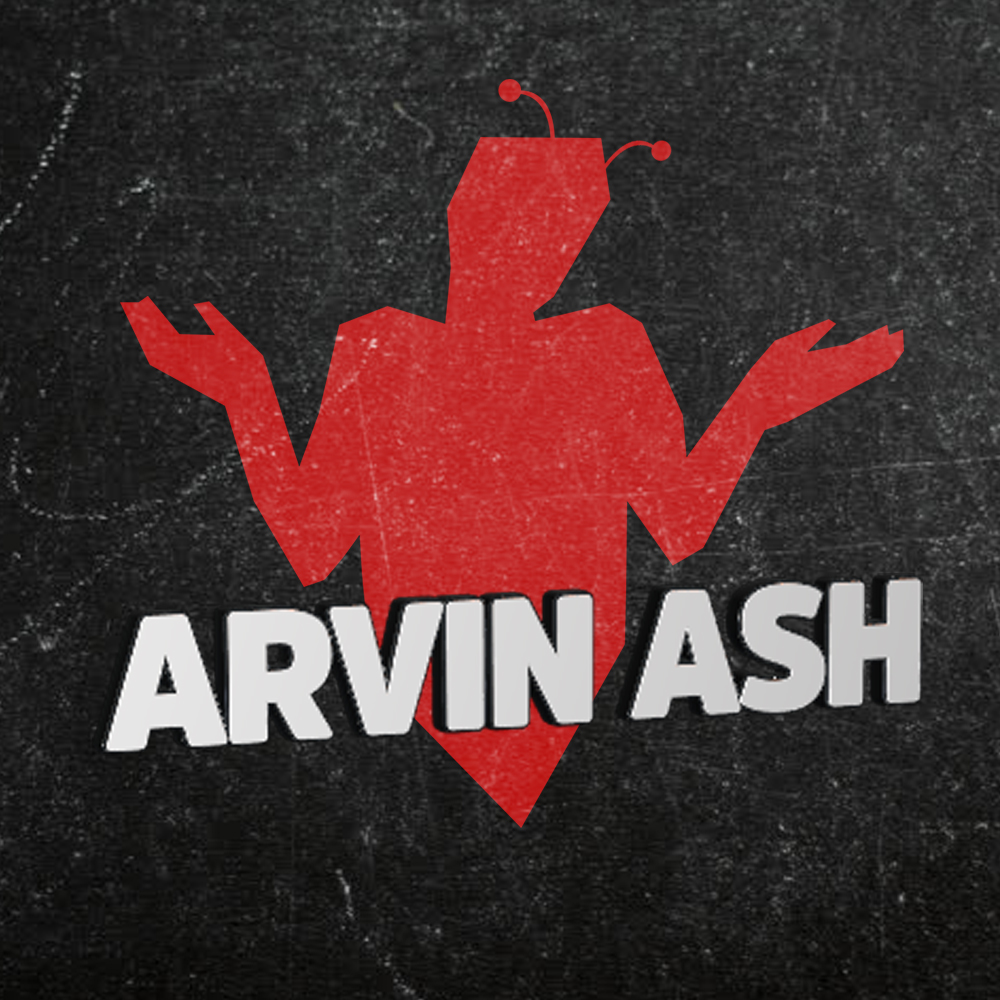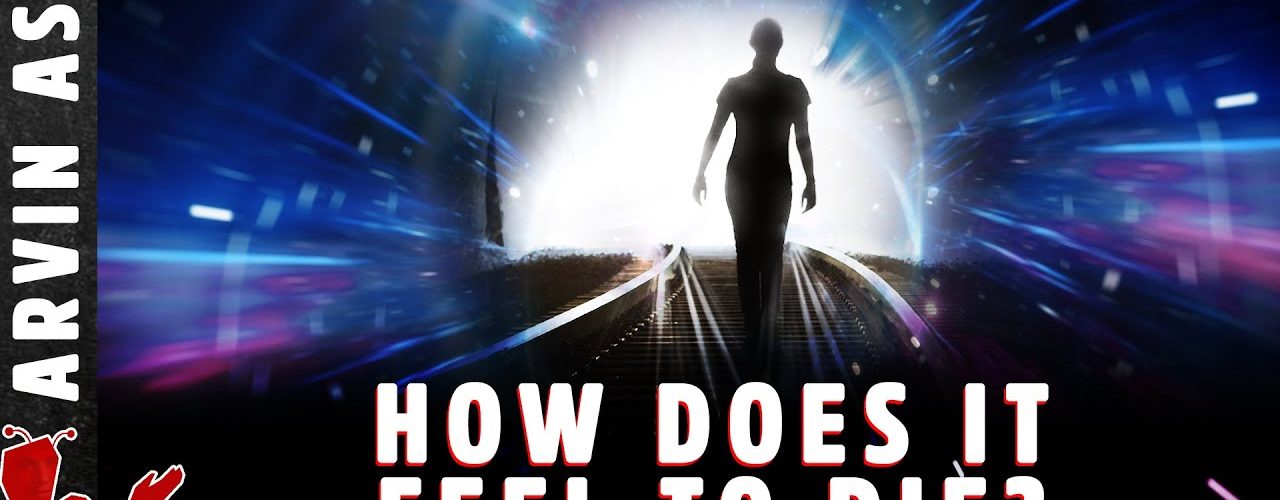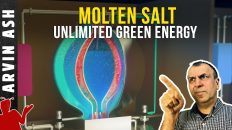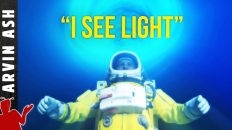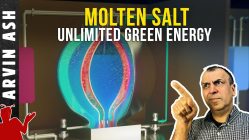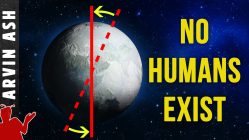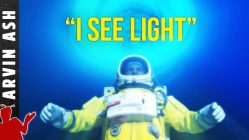0:00 Claire Wineland
3:11 NDEs & drugs
5:50 Dying brain processes
7:17 Sudden death experience
7:50 Slow death experience
9:56 Life flashing before your eyes
11:23 Conclusion
12:03 What if?
Most people have thought about: How does it feel to die? What is death like? In this video, I examine what science says about this. Some commonalities in what people experience are: positive emotions, meeting deceased persons, euphoria, out-of-body experiences. Why should the collective experiences of so many people be so similar?
Are people’s consciousness really leaving their bodies as they are dying, or is all this a hallucination in the brain? Most people who have experienced this don’t think it is an hallucination. To test the idea of people leaving their bodies and floating above it, researchers placed images on high shelves which were not visible unless you were on a ladder close to the ceiling. They then interviewed cardiac arrest survivors who had been revived in those rooms, but no one reported seeing the images.
One clue about what might be happening, is that these out of body experiences sound similar to what people describe while taking psychedelic drugs like psilocybin, LSD, and DMT. Is there be a connection?
A 2015 study by Neuroscientist Dieguez concluded that the “disembodied” experience is due to disturbances in the temporo-parietal cortex of the brain. This is the area that gives us a sense of self, and perception of our body.
#NDE
#neardeathexperience
#whatisdeathlike
According to a study by Rick Strassman, of Univ of New Mexico, people had near-death and mystical experiences following injection of N, N-dimethyltryptamine or DMT. His study showed that more than half the people injected with this drug had religious experiences. He says that at near death, the body produces natural DMT in the pineal gland.
Researchers have found that when the brain is dying, the body releases endorphins. These could explain the positive feelings people have during dying of contentment. It’s known too much carbon dioxide in a dying brain can affect your vision, making it feel like you are in a tunnel. It’s also known that a lack of oxygen can cause hallucinations. Combine this with a rush of endorphins triggering a sense of contentment, and this combination may explain much of what people seem to experience during NDEs.
If drugs induce similar sensations, is it evidence that all this is happening in our brain? The data is incomplete.
But if you die abruptly, you may have no such sensations at all, according to Allison Yow who showed that sudden cardiac death can have a sudden total body shutdown.
But if you die slowly, Peter Lindholm shows that hypoxia, or lack of oxygen in the brain, can quickly renders a person unconscious. So in such a case, death may be like falling asleep.
James Hallenbeck writes this in Palliative Care Perspectives, that people tend to lose their senses in a certain order. First hunger, then thirst, then Speech, followed by vision are lost. The last senses to go are usually hearing and touch. This means that people may still hear and feel us even though we think they are dead. Neuroscientist Adrian Owen used functional magnetic resonance imaging (fMRI) to enable people in vegetative states to communicate with loved ones.
For a few minutes after your cerebral cortex stops working, your pons, thalamus, hippocampus, amygdala and medulla oblongata fire in unison. Jimo Borjigin of the University of Michigan, described the neuroscience behind this phenomenon in a 2013 paper. Her team found that just before death, rodent brains experience a surge of neuronal activity in the gamma-band range — along with theta-wave activity, which is associated with working memory retrieval. These may be the neural correlates of “seeing your life flashing before your eyes.”
So what is it really like to die? By most accounts, the experience does not appear to be an unpleasant one. The brain seems to do everything it can to help ease any pain and suffering, and make it as comfortable as possible.
